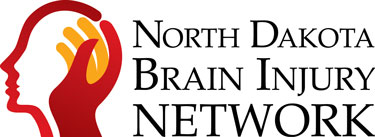Attention Tip Sheet for Professionals
Aside from being awake and alert, one of the most important cognitive abilities is being able to pay attention or concentrate on important things happening around us.
Types of Attention
- Sustained – The ability to focus on one thing over a period of time.
- Selective – The ability to focus on one thing despite interruptions.
- Alternating – The ability to shift attention from one thing to another.
- Divided – The ability to focus on multiple things at the same time.
Look for These Difficulties
- Sustained
- Appears "checked out", bored, disinterested
- "Thrill seeking" or excessive risk-taking
- Sensory seeking (for example, video games)
- Selective
- Trouble finishing tasks or staying focused during task
- Go off-topic during conversation
- Alternating
- Leaving tasks incomplete after interruption
- Divided
- Unable to follow conversation with multiple speakers or participate in group discussions
Accommodations for Professionals
-
Attention Grabber
- Check for eye contact and initial attention
- Begin an activity with something that demands attention or involves active participation (like an icebreaker, challenge, or demonstration that includes their participation)
- Utilize visual aids
-
Reduce Distractions
- Allow for work in a quiet space/wear earphones to drown out excess noise
-
Break it Down
- Keep instructions brief, simple, and to the point
- Summarize critical points of discussion/conversation
- Present information in short and concise segments, one at a time
- Suggest using a calendar or setting reminders on a phone, watch, or computer
- Hands On
- Use movement and tactile activities to enhance energy and attention
- Encourage note-taking to record important information. (For example, having them write down the date of the next meeting)
- Try to schedule appointments earlier in the day
